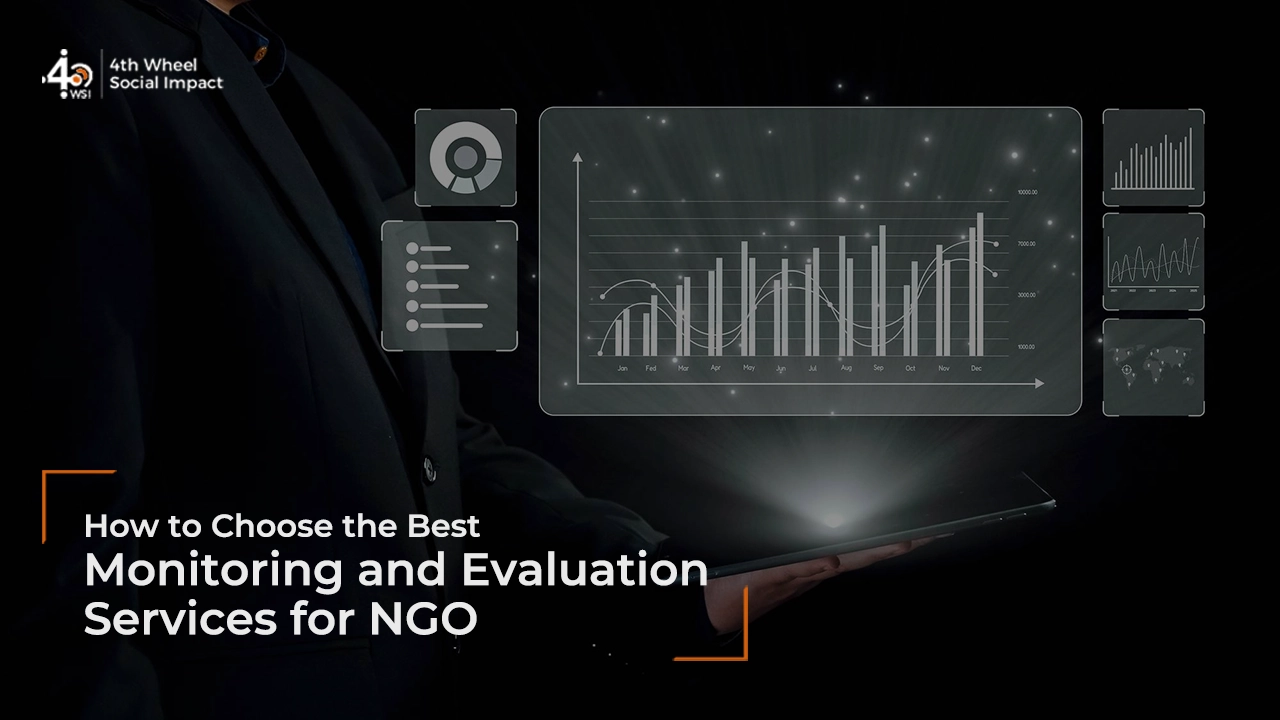The Companies (Corporate Social Responsibility Policy) Amendment Rules, 2021 signify the evolution of CSR in India, moving beyond compliance to a more strategic, structured, and impact-focused approach. This article outlines what stands out for us at 4th Wheel, in terms of the Government’s directive on how CSR is to be approached and undertaken by the private sector in India.
The Companies (Corporate Social Responsibility Policy) Amendment Rules, 2021 signify the evolution of Corporate Social Responsibility (CSR) in India, moving beyond compliance to a more strategic, structured, and impact-focused approach.
This article outlines what stands out for us at 4th Wheel in terms of the Government’s directive on how CSR is to be approached and undertaken by the private sector in India.
How CSR is to be approached and undertaken by the private sector in India
- The new obligation on CSR Committees to prepare an ‘annual action plan’ in pursuance of the CSR Policy brings the much-needed strategic approach to CSR activities in the country.
This requirement will now result in private sector organisations strategically planning, designing, documenting, monitoring, and evaluating CSR initiatives, and creating an ecosystem that will be built on data, results, and evidence. - The rules take an evolved and structured approach to development assistance and CSR activities in India, which can be seen through the definition of ‘administrative overheads’.
Administrative overheads do not include costs associated with design, implementation, monitoring, and evaluation. Thus, this approach recognises that these processes and functions are distinct and critical, and deserve a strategy, structure, and budget of their own. - By specifically defining ‘ongoing projects’, a distinction has been made between one-time interventions and multi-year programmes.
Along with recognition for consistent development activities and long-term engagement with communities, the Rules gives programmes like these the importance they deserve and signals a determinative approach to CSR projects in the country, which is based on evidence and impact results. - The rules also outline that companies can now invest in the creation of capital assets among communities.
This inclusion will point companies in the right direction towards investing in institutionalising community-based groups like Self Help Groups (SHGs), Farmer Producer Organisations (FPOs), collectives, etc., training and building capacities of members and providing them with technology, equipment, and credit. This, in turn, will have very positive ramifications on the skilling and livelihood ambitions of India. - The reference to companies hiring consulting agencies and international development organisations for strategic and technical expertise is another very positive stride forward.
Other than getting external support for designing, monitoring, and evaluating their CSR projects as per their CSR policy, the Rules also highlight the need to build capacities of CSR personnel within organisations. - The New Companies Act amendments give Social Impact Management the importance it deserves in the CSR space.
Organisations now need to compulsorily commission impact evaluations. Incorporating impact evaluation into CSR operations will allow organisations to examine the implications of their CSR strategies. It will also enable them to evaluate their social investments in terms of impact upon the quality of life of communities and hone the potential of the social responsibility of their business.
To summarise, the amended Rules provide renewed momentum to CSR investments and activities in the country, which will be based on well-defined strategies (objectives, criteria, and guiding principles) with evidence and data at the forefront.
4th Wheel is committed to ‘strengthening social programmes’ through the integration of data, technology, and partnerships. We aid organisations in building programmatic and organisational Theory of Change frameworks and Monitoring and Evaluation Strategies. Our work focuses on rigorous impact assessment studies and building data management systems. It is heartening to note development assistance and CSR are finally moving in the absolute right direction.




